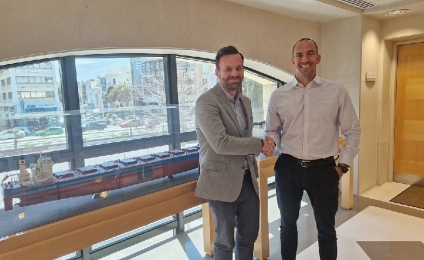By MARKOS VEKRIS Senior Associate
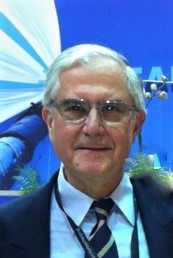
The study of ABS “ Best Practices for Operation of Ballast water Management Systems “ dated August 10, 2017 raised serious concerns among the ship owners regarding the operability and the reliability of the installed systems. Actually the report revealed many problems with 43% of these systems to be considered either inoperable or problematic.
The main contributing factors included installation faults during shipbuilding or retrofitting , lack of proper commissioning , insufficient training , lack of thorough maintenance and frequent changing of crews who are constantly on rotation.
If we try to have a look of what really happened in the past, starting from 2011 when actually the first BWTS were installed on new vessels , we can notice the following.
It is well known that during delivery of new buildings the yards were not willing to dedicate too much time for the commissioning of the BWTS . Actually the full testing of a BWTS system needs ballasting and de-ballasting procedures which unavoidably change the trim of the vessel and affect seriously the dock and sea trials .
On the other hand the Makers of the installed BWTS had not the power to demand from the yards the extra time required from their systems for checking and testing and had to apply for assistance to the site team of the shipping company .
But unfortunately at that time the operation of the BWTS was not obligatory and therefore it was not a first priority for the owners supervisors who were confronted with other more hot issues .
On the other hand the class representatives were not interested in the correct installation of the BWTS as this was not considered as a safety issue.
In addition to all above we have to mention that many yards had not given proper attention to the correct storage and coverage of the components of the systems against dirt , humidity , rain, sand blasting etc and this resulted to some damages of critical components which in many cases were not rectified prior to the departure of the vessels .
Proof that the above were the root causes of the malfunctions is that, most of the teething problems of the installed systems were noticed at the early stages , when the convention was not in force and many stakeholders believed ( and lobbied ) that it would be subject to continuous extensions .
Once the Convention became effective on 8th of September, 2017, the ship crews tried to put in operation the BWTS which were left for some years unattended and in most cases without any maintenance.
The lack of maintenance was confirmed by a recent statistic (June 2, 2017) . From a population of perhaps 4,500 ships with BWTS installed, maybe 50 vessels have turned them on as of today.
As the crews were faced with serious difficulties, the ship owners got in contact with the after sales department of the Makers in order to resolve the malfunctions.
Actually it proved very difficult not only to send spares and service engineers in limited time all over the world, but also to carry out ballasting and de-ballasting operations on chartered vessels , as the charterers did not wanted any change of the trim. The fleet coordinators had also to cope with additional difficulties associated with restrictions of de-ballasting in some calling ports ( e.g Australia ) .
The above was not an easy task but most makers did up to now their best to rectify all malfunction.
Of course we have to admit that the existing technology of the BWTS during the early days of the first installations was not enough mature at as it is now.
Oceanking Technical & Trading S.A. representing the NK-O3 BWTS- which so far was selected to be installed on 155 vessels of the Greek shipping community ( out of the 600 orders in total worldwide for NK ) –after having gained enough experience , started to point out to the Owners the importance of the proper commissioning .
Therefore, finally some the Owners demanded from the yards to provide enough time to the Commissioning engineers for the thorough checking of the installation, testing and commissioning of the BWTS.
The results were very satisfactory both to New Buildings and retrofitting projects , as far as the initial operation of the systems was concerned .
In order for the NK -O3 BWTS to continue being fully operational , Oceanking in cooperation with NK carried out training sessions to Greek customers.
In this respect , very big and important Greek shipping companies –clients of NK-arranged their office staff ( shore based support ) and vessel based crews to attend an extensive training, including the frequent operation and the thorough maintenance of the systems.
Summarizing all above , it is deduced that , the policy of ship managers must be that the BWTS is operated regularly in order for the crew to be familiarized with the operation and thus the system will be maintained fully functional for when it is required to be used .
In conclusion, we all must have in mind , that for the trouble free operation of a BWTS the cooperation between BWTS manufacturers and ship operators is very critical for the familiarization and better understanding of the system and for sharing knowledge and experience onboard.



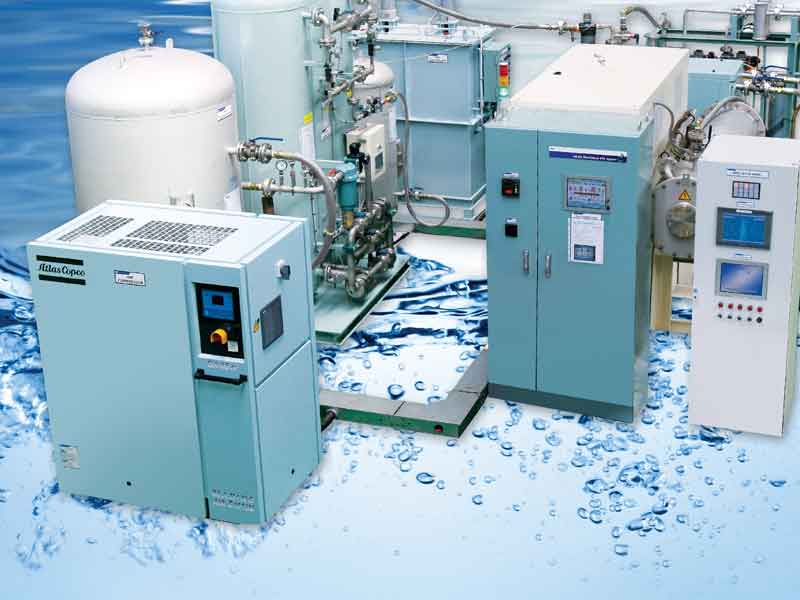



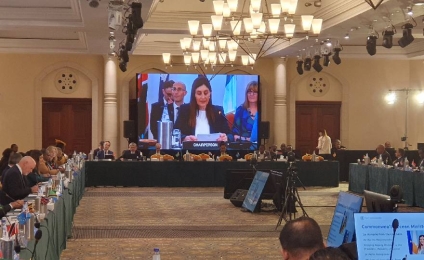
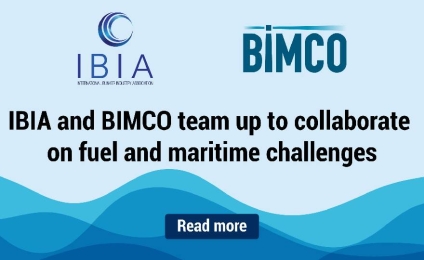
 S.A._small.jpg)
